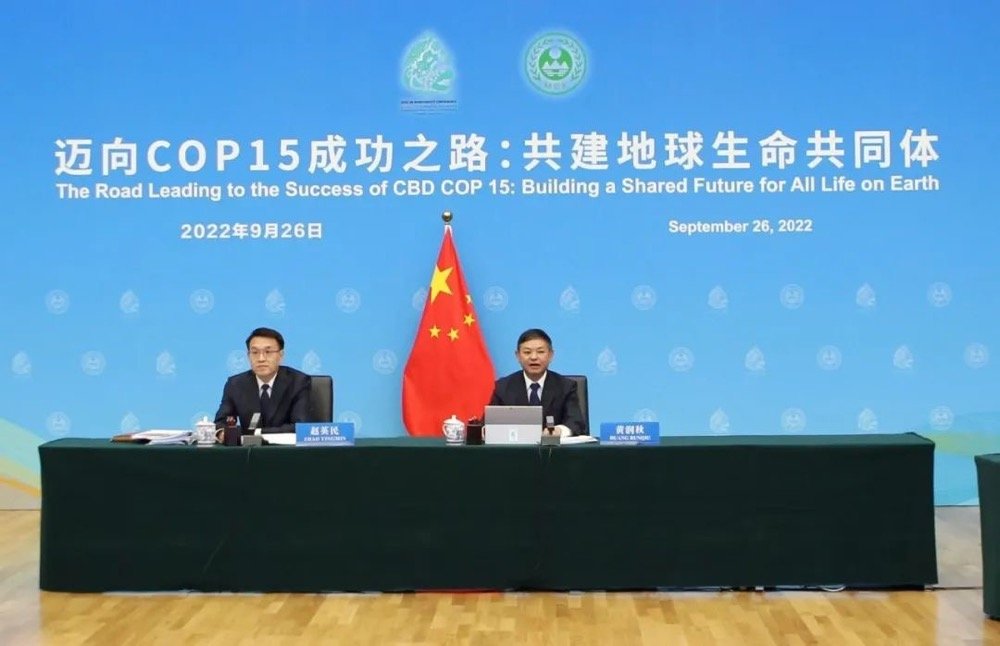 @生态环境部
@生态环境部
9月26日,由生态环境部主办的“迈向COP15成功之路:共建地球生命共同体”圆桌会议在线上举行,生态环境部部长兼《生物多样性公约》缔约方大会第十五次会议(COP15)主席黄润秋以视频形式主持会议并致辞,联合国副秘书长兼联合国环境规划署执行主任英格•安德森(Inger Andersen)、联合国《生物多样性公约》秘书处执行秘书伊丽莎白·穆雷玛(Elizabeth Mrema),以及加拿大环境与气候变化部部长史蒂文·吉尔博(Steven Guilbeault)等12位部长级代表和相关国际组织高级代表出席会议。NRDC总裁兼首席执行官马尼什·巴普纳(Manish Bapna)作为第七届中国环境与发展国际合作委员会外方委员应邀参会并发言。
COP15第二阶段会议将于今年12月7日至19日在公约秘书处所在地加拿大蒙特利尔举办。为尽快遏制生物多样性丧失的势头,实现“人与自然和谐共处”的2050愿景,《生物多样性公约》各缔约方将在此次会议上最终达成一个具有里程碑意义的“2020年后全球生物多样性框架”(以下简称“框架”)。
此次圆桌会议旨在为缔约国部长和其他政府高层代表以及主要利益相关方提供一个交流平台,就“确保COP15迈向成功并达成兼具雄心和务实平衡的框架”等议题进行深入研讨并交换意见,以推动各方为“框架”的达成和实施做出贡献。
巴普纳表示,国际社会各方应携手应对包括生物多样性丧失在内的多项全球挑战,促进气候和生物多样性危机的协同治理,这不仅需要设立高雄心的目标,还需要在发达国家和发展中国家之间重建和巩固信任。
他认为,为确保COP15迈向成功,达成并实施兼具雄心和务实平衡的框架,《生物多样性公约》各缔约方至少要在以下三点内容上达成共识。首先是设立高雄心且可量化的目标,如到2030年保护至少30%的陆地和海洋,以保障粮食安全,提高气候韧性,并兼顾人的生计。其次,要杜绝任何导致生物多样性丧失的野生动植物的开发、利用和贸易。此外,各缔约方应该就弥补生物多样性资金缺口达成共识并做出承诺,发达国家应出资帮助发展中国家开展生物多样性保护工作。

